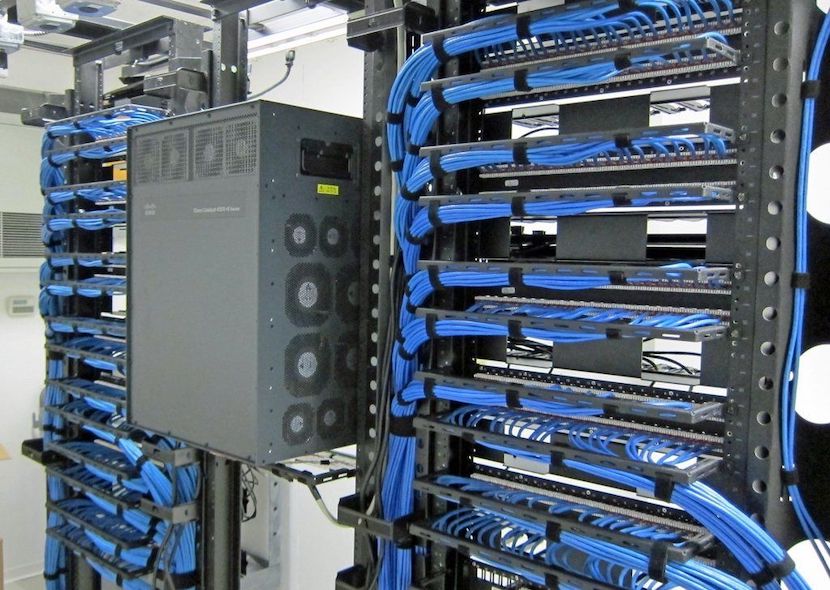Certified Recycling of IT Equipment: Ensuring Sustainable Disposal of Servers, Storage Devices, Routers, Switches, and Access Points



The rapid advancement of technology has led to an increasing amount of electronic waste (e-waste) generated worldwide. As businesses upgrade their IT infrastructure, the responsible disposal of outdated equipment such as servers, storage devices, routers, switches, and access points becomes a pressing concern. Certified recycling plays a crucial role in managing e-waste, ensuring environmentally responsible disposal while protecting sensitive data.

The Importance of Certified Recycling
Improper disposal of IT equipment can have significant environmental and security implications. Hazardous materials present in e-waste, such as lead, mercury, and cadmium, can contaminate soil and water resources, posing a threat to both the environment and human health. Additionally, inadequate data destruction can result in data breaches and identity theft. Certified recycling of IT equipment offers numerous benefits:
1. Environmental Protection
By adhering to certified recycling standards, businesses can minimize the environmental impact of e-waste. Certified recyclers employ environmentally responsible processes to dispose of IT equipment, ensuring that hazardous materials are managed safely and do not pose a risk to the environment.
2. Resource Recovery
Certified recycling processes can recover valuable materials and components from discarded IT equipment. This approach aligns with the principles of the circular economy, promoting resource conservation and minimizing waste.
3. Data Security
Certified recyclers prioritize data security, ensuring that all sensitive information is securely erased from devices before they are dismantled or recycled. This process helps protect businesses and individuals from potential data breaches or identity theft.
4. Regulatory Compliance
By partnering with certified recycling facilities, businesses can ensure compliance with local and international regulations regarding e-waste disposal. This adherence to regulations helps organizations avoid potential fines and legal repercussions while demonstrating their commitment to environmental responsibility.
The Certified Recycling Process
The certified recycling process for IT equipment, such as servers, storage devices, routers, switches, and access points, typically involves the following stages:
- Collection and Transportation: IT equipment is collected from businesses and transported to certified recycling facilities, adhering to strict environmental and security guidelines.
- Data Destruction: Certified recyclers securely erase all sensitive data from devices, using techniques such as overwriting, degaussing, or physical destruction, to protect against unauthorized access.
- Disassembly and Sorting: IT equipment is disassembled, and components are sorted according to material type and potential for reuse or recycling.
- Resource Recovery: Valuable materials, such as precious metals and rare-earth elements, are recovered from the sorted components, ensuring that these resources are reused in the production of new products.
- Responsible Disposal: Any remaining materials that cannot be reused or recycled are disposed of in an environmentally responsible manner, in compliance with applicable regulations.
Partnering with Certified ITAD Providers
To ensure responsible recycling of IT equipment, businesses should partner with certified IT asset disposition (ITAD) providers. These providers offer a range of services, including certified recycling, data destruction, and asset recovery, helping organizations manage their IT equipment in an environmentally responsible and secure manner.
„Conclusion“
Certified recycling of servers, storage devices, routers, switches, and access points is essential for businesses looking to mitigate the environmental impact of their IT equipment and protect sensitive data. By partnering with certified ITAD providers, organizations can ensure compliance with regulations, recover value from outdated equipment, and contribute to a more sustainable future. As the demand for advanced IT infrastructure continues to grow, the importance of certified recycling and responsible e-waste management becomes increasingly crucial for the protection of our environment and the efficient use of valuable resources. Embracing certified recycling practices is a vital step toward creating a more sustainable and secure IT ecosystem for all.
